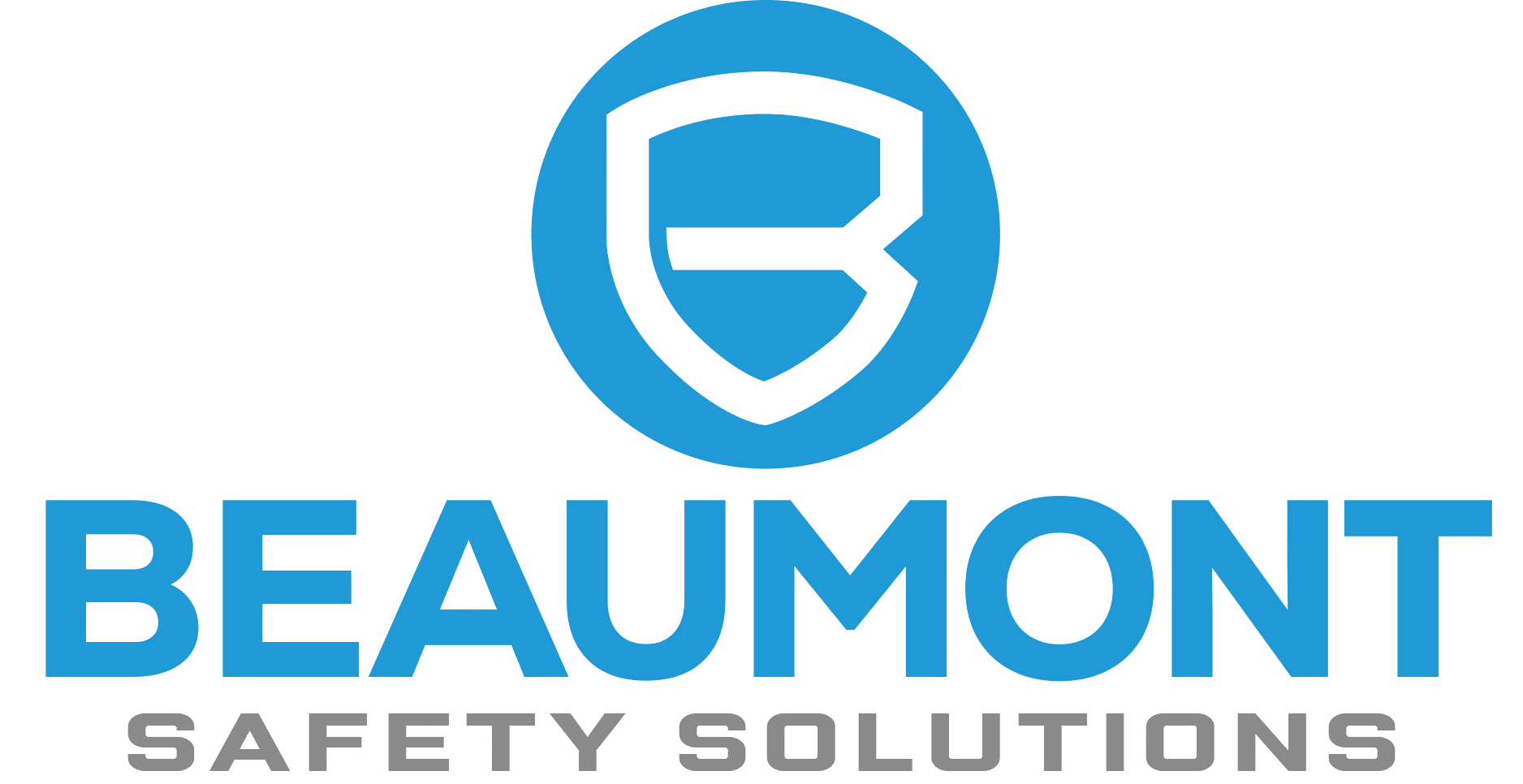Working alone can seem appealing, offering the allure of independence and the freedom to set your own pace. However, it comes with significant risks that can impact both personal well-being and professional productivity. In this blog, we’ll explore why working alone is risky, drawing insights from various sources and real-world examples.
The Isolation Factor
One of the most immediate risks of working alone is the sense of isolation. Human beings are inherently social creatures, and prolonged periods of solitude can lead to feelings of loneliness and depression. This emotional toll can affect mental health, leading to decreased motivation and productivity. When you’re isolated, there’s no one to share ideas with, no one to provide feedback, and no one to offer support during challenging times. This lack of social interaction can make staying engaged and focused on tasks difficult.
Increased Risk of Accidents
Working alone also increases the risk of accidents going unnoticed. In a team setting, colleagues can quickly respond to emergencies, provide first aid, or call for help. However, when you’re alone, any accident or health issue can become much more serious due to the delay in receiving assistance. For example, a lone worker in a remote location who suffers a fall or a medical emergency may not be able to get help in time, leading to severe consequences.
Lack of Supervision and Support
Without supervision, there’s a higher chance of making mistakes or overlooking important details. Supervision provides a safety net, ensuring that tasks are completed correctly and efficiently. It also offers learning and development opportunities, as supervisors can provide guidance and feedback. When working alone, you miss out on this valuable support, which can lead to errors and decreased quality of work.
Exposure to Violence and Harassment
Lone workers are more vulnerable to violence and harassment. This is particularly true for those working in high-risk environments or during late hours. Without colleagues, lone workers can become easy targets for aggression or criminal activities. For instance, a convenience store clerk working the night shift alone is at a higher risk of robbery than one working with a team.
Stress and Burnout
Managing stress levels can be challenging when working alone. The lack of social interaction and support can lead to increased stress and anxiety. Over time, this can result in burnout, characterized by physical and emotional exhaustion, reduced performance, and a sense of detachment from work. Burnout not only affects the individual’s well-being but also impacts overall productivity and job satisfaction.
Difficulty in Maintaining Work-Life Balance
Working alone often blurs the lines between personal and professional life. Without the structure of a traditional work environment, it can be difficult to maintain a healthy work-life balance. This can lead to overworking, neglecting personal time, and, ultimately, declining overall well-being. The absence of clear boundaries can make it challenging to switch off from work, leading to increased stress and fatigue.
Conclusion
While working alone offers certain freedoms, it comes with significant risks that can impact both personal and professional life. The isolation, increased risk of accidents, lack of supervision, vulnerability to violence, stress, and difficulty in maintaining work-life balance are all factors that make working alone risky. It’s essential to weigh these risks carefully and implement measures to mitigate them, such as regular check-ins with supervisors, using safety protocols, and ensuring access to emergency assistance. By acknowledging and addressing these risks, individuals and organizations can create a safer and more supportive work environment.
We do not want to revert to the previous requirement of having to work in the office, and it’s important to acknowledge the benefits of working from home. We must also consider the potential psychosocial and physical risks to ensure that we remain aware of any hazards.
If you need assistance in creating a working from home procedure for your team or conducting a risk assessment to keep you on track, we are Beaumont Solutions, your South Australian safety consultants.



